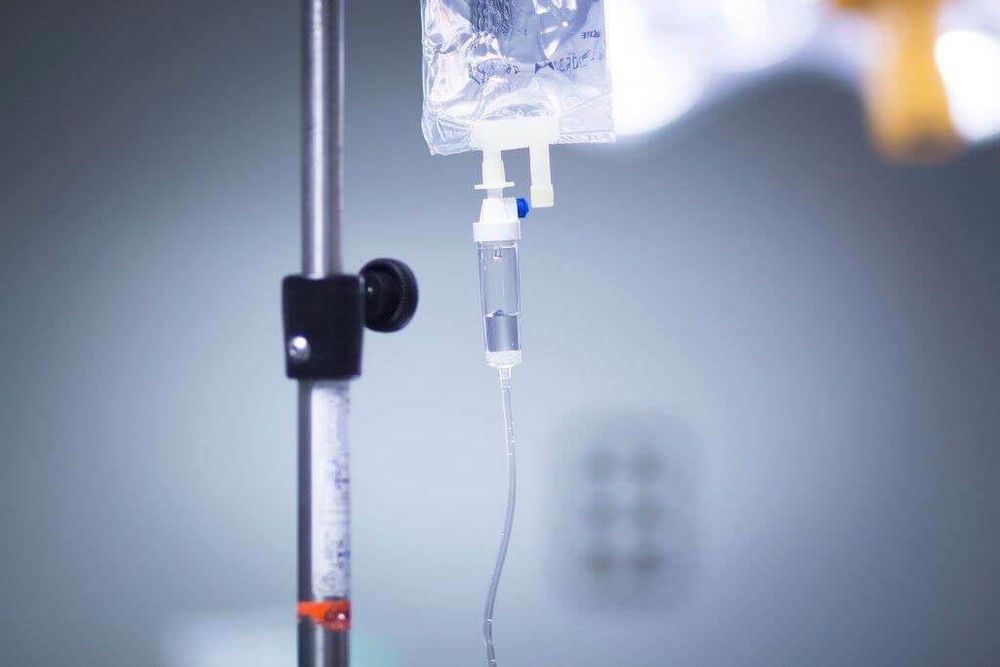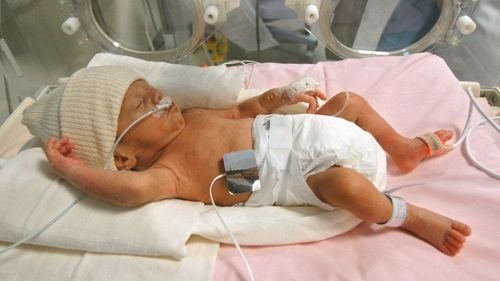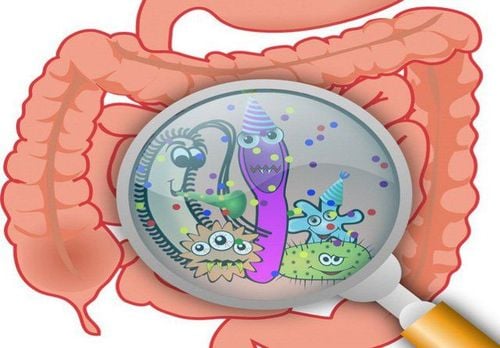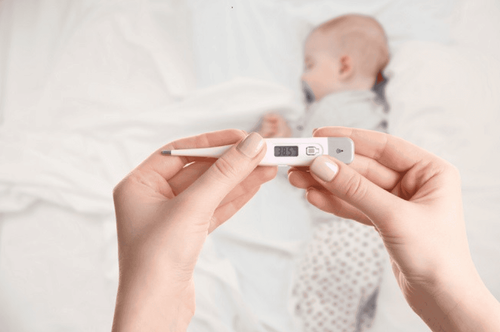This is an automatically translated article.
Posted by Doctor CKII Bui Thu Huong - Head of Emergency, Day Treatment Unit - Pediatric Center - Vinmec Times City International Hospital.
Abdominal pain is a very common condition in life, due to many causes, depending on each case, the object and the specific level of abdominal pain will have different interventions and treatment.
1. Abdominal pain related to surgical diseases
For patients with abdominal pain related to surgical diseases, it is necessary to:
Keep follow-up at the clinic Assess pain level and intensity Monitor vital functions: Pulse, temperature, blood pressure, signs of shock Finding a history of previous abdominal surgery Evaluate accompanying surgical abdominal signs: Abdominal distention, peristalsis sounds, localized pain points
2. Abdominal pain related to medical diseases
For patients with abdominal pain related to medical diseases, it is necessary to:
Keep follow-up at the clinic Assess pain level and intensity Monitor vital functions: Pulse, temperature, blood pressure , manifestations of shock Evaluate accompanying signs: Diarrhea, vomiting, abdominal distension, fever...

Trẻ mắc các bệnh lý nội khoa thường kèm theo dấu hiệu như sốt hoặc tiêu chảy
3. Inefficient breathing linked to pain, bloating
For patients with pain and distention leading to ineffective breathing, it is necessary to:
Rate the child's pain according to the pain scale Assess the impact of pain on making the child unable to breathe Instruct the child to take a deep breath and slow breathing. Tell your doctor to give you the right treatment
4. Risk of fluid deficiency related to vomiting, abdominal pain, poor appetite
In case the patient is at risk of fluid deficiency related to vomiting, abdominal pain and poor appetite, it is necessary to:
Objectives: The child has fluid balance within normal limits Urine output 1-2ml/kg/hour Time Capillary filling time 3-5 seconds Wet mucous membranes and skin folds disappear quickly Nursing interventions: Weigh the baby daily and monitor the appropriate amount of fluid in and out Evaluate signs of dehydration and notify the doctor when any Changes Monitor electrolytes Maintain an intravenous line and administer fluids as ordered

Bù dịch theo y lệnh ngay nghi trẻ bị mất nước nhiều
5. Change in nutrition: Less than the body's needs due to anorexia, vomiting
In case the patient's nutritional needs change:
Accurately monitor fluid intake to assess the child's nutritional needs Weigh the child daily to assess nutritional inclusion Plan meals in consultation with a nutritionist Encourage the child to eat if the child has no contraindications to oral nutrition Administer parenteral nutrition as ordered by
6. Parents' worries related to the lack of understanding about the child's illness and treatment methods
Explain to parents in simple terms, write down information, draw diagrams... Inform parents plan to do diagnostic tests, monitor pain progress and determine the cause of pain belly . Provide disease information upon diagnosis

Bố mẹ được tư vấn về kế hoạch xét nghiệm để chẩn đoán nguyên nhân con trẻ bị đau bụng
7. Children are worried and stressed due to being treated and monitored at the hospital
In case the child has feelings of anxiety and stress while being treated and monitored at the hospital, it is necessary to:
Explain and encourage the child Talk to the child Cooperate well with parents and caregivers
8. Young parents lack of understanding when monitoring and taking care at home
Instructing young parents on how to take care of them at home Provide information on signs that need to be brought to the doctor immediately. Nutrition guide for children at home Pediatrics Department at Vinmec International General Hospital is the location only receive and examine diseases that infants as well as young children are susceptible to: viral fever, bacterial fever, otitis media, pneumonia in children,... With modern equipment, clean space infection, minimizing the impact as well as the risk of disease transmission. Along with that is the dedication from the doctors with professional experience with pediatric patients, making the examination no longer a concern of the parents.
Customers can directly go to Vinmec Health system nationwide to visit or contact the hotline HERE for support.














